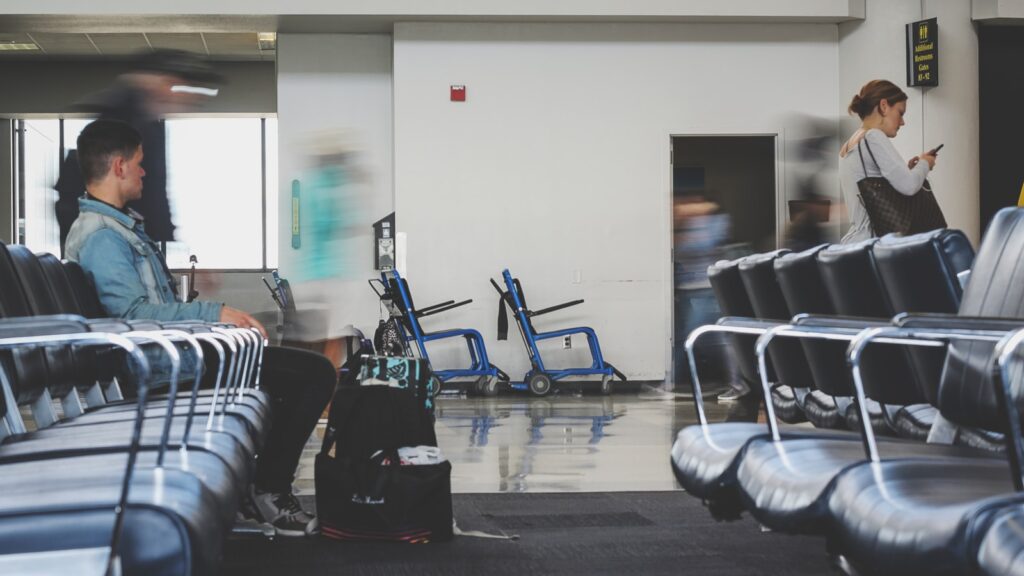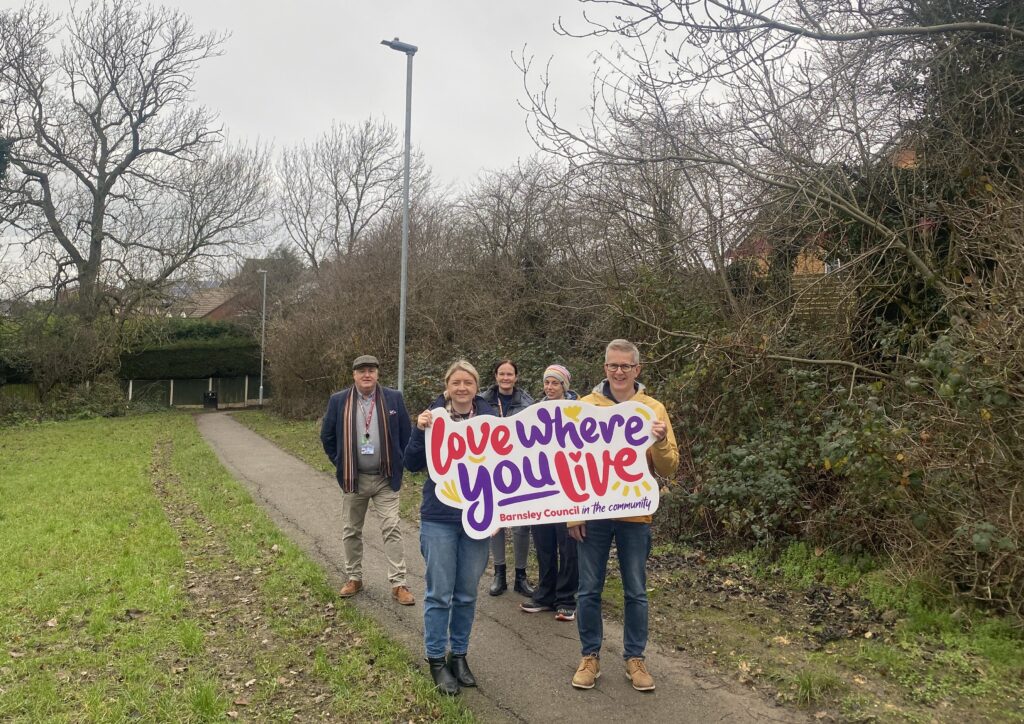Care providers are operating with more than 40% of their workforce unvaccinated, a poll by social care lawyers found.
The poll, by Royds Withy King, revealed that while in the majority (53%) of care settings more than 80% of staff vaccinated, 20% are operating with more than 40% of their workforce unvaccinated.
In the vast majority of cases, this is due to workers being unwilling or unable to have the vaccine, although most providers (78%) said that 10% of unvaccinated staff want the vaccine but have not been able to access it.
This comes after a National Care Forum (NCF) survey revealed 31% of care homes for working adults are operating with less than 40% of their staff vaccinated.
The NCF said hesitancy appears to be the dominant reason for the lack of uptake in these settings.
Vic Rayner, executive director at the NCF said more work needs to be done to understand the reasons behind this and to assess what support should be offered specifically targeted this workforce.
‘The prioritisation of staff vaccination across all types of social care does not appear to have been followed through with the same level of effectiveness as the campaign to vaccinate all older adults in care homes.
‘The voice from providers on the ground gives some indication of where local systems could be improved, such as making sure hospital hubs continue to offer appointments to social care workers, ensuring these appointments are available as a matter of priority and removing any local barriers to vaccine access.
‘A positive first step has already been taken towards this by opening the National Booking Service to all social care staff, but more needs to be done to address vaccine hesitancy and a better understanding of the medical barriers to vaccine uptake.
‘When it comes to vaccination hesitancy, social care providers need to be supported with tailored resources to build confidence in the vaccine programme, address staff concerns and combat misinformation.’
Significant staffing gaps
The Royds Withy King poll also found that nearly three quarters (73%) of social care providers would like to make a Covid-19 vaccination a condition of employment for new members of staff, excluding those who can’t have the vaccine on medical or other protected grounds.
But James Sage, employment partner and head of social care at Royds Withy King said few providers are likely to adopt the policy as it may hinder recruitment.
‘Many providers have made good progress getting staff vaccinated through encouragement rather than enforcement. However, some providers reported very low staff uptake rates.
‘The current figures, and the legal risks of forcing existing staff to have the vaccine, explain why increasing numbers of providers are considering making vaccinations mandatory for new staff.
‘These figures indicate how keen care providers are to protect the health and safety of their clients and workforce by ensuring that as many people as possible get vaccinated.
‘In practice, fewer numbers are likely to move ahead with it now because of the risk it might hinder recruitment which is already incredibly challenging, 59% of providers reported that they do not have enough staff with a further 11% saying they have significant staffing gaps.’
However, Care UK, one of the first provider to announce such a policy, said it had not been a barrier to attracting staff.
A Care UK spokesman said: ‘We hope all colleagues, present and future, will see the benefits vaccination can bring to themselves, their families and the people living and working in our homes.
‘For new recruits, we now ask at both the application and interview stage whether they have had, or would be willing to have the vaccination.
‘This means, right from the outset, that they are fully aware of the need for new colleagues to be vaccinated as a requirement we make to keep residents in our homes safe.
‘So far this has not proved a barrier for those keen to build a career with us. This approach is becoming increasingly common across the care home sector.
‘For existing employees, we’ve found the vast majority of team members have been very keen to be vaccinated and have been coming in on their days off to do so.’
A personal choice
However, not all providers will be adopting similar policies. Mike Padgham, chair of the care provider organisation, the Independent Care Group said it the decision to have the vaccine or not must be a personal one.
‘We cannot stress highly enough just how important it is that those working in the care of vulnerable people have the vaccine.
‘But at the end of the day, it must be a personal decision and though we understand organisations who want to make it mandatory, we would not want to go that far.
‘For some, there are reasons, like pregnancy or medical grounds where the vaccine might not be possible and others who might have religious or cultural grounds.
‘But apart from these, we have to overcome the fears and the misconceptions and encourage take-up and ensure there are adequate supplies for all those who require the vaccine.
‘Some people might be worried about things like side effects, for example, but I feel the benefits far outweigh any such concerns.
‘We are seeing the immediate benefit from the vaccination programme, with infection and death rates from Covid-19 coming down across the country and it is vital that we keep up that momentum so that those we care for can get back to normal life as quickly as we can.
‘For the health and safety of our clients, colleagues and our families, I urge everyone eligible to have the vaccine.’
When asked whether the government was planning to make vaccines compulsory for all health and social care staff a spokesman for the Department of Health and Social Care said the UK does not have mandatory vaccination but operates a system of informed consent.
‘We have visited every eligible care home in England, offered vaccines to all staff and are doing everything we can to ensure all those who can take up the vital offer.
‘All eligible staff can book using the national booking service. We have introduced measures specifically designed to increase uptake of the vaccine including working with local leaders in communities with lower take up to maximise vaccination numbers and save thousands of lives.’
Photo Credit – Pixabay

















Leave a Reply